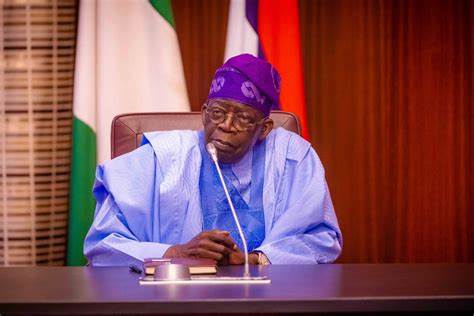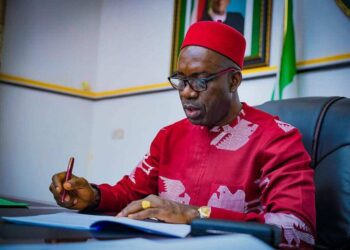Opposition parties in Nigeria have raised concerns about the transparency of the ₦4 billion fund approved by the All Progressives Congress (APC)-led Federal Government to support vulnerable households through conditional cash transfers.
In separate interviews with The PUNCH, opposition leaders cautioned that the funds could be misappropriated to benefit APC members, referencing past allegations of mismanagement of government palliatives.
Government’s Announcement
The Federal Government announced the initiative during the launch of the 2025 Nigeria Humanitarian Needs and Response Plan at the United Nations House in Abuja.
The Minister of Humanitarian Affairs and Poverty Reduction, Prof. Nentawe Yilwada, explained that the programme is designed to support at least 10 million displaced households from February to April.
“We are prioritising women, especially widows, pregnant women, and those with disabilities,” said Yilwada. “The President has approved the Ministry’s plan to begin paying conditional cash transfers to 10 million displaced households between February and April. This initiative aims to support those most in need, particularly vulnerable families affected by displacement.”
The government also approved ₦2 billion in interest-free loans for rural farmers, with households expected to receive loans ranging from ₦300,000 to ₦400,000.
“Furthermore, ₦4 billion provision has been approved to support vulnerable groups through cash transfers, targeting families affected by natural disasters and other crises,” Yilwada added.
Concerns from Opposition Leaders
Deputy National Youth Leader of the Peoples Democratic Party (PDP), Timothy Osadolor, expressed skepticism about the initiative’s implementation.
“Well, it’s one thing to approve, another to disburse, and yet another to embezzle,” he said. “Given the capacity of this government, it is easier for us to believe that embezzlement will be the result of these efforts. Otherwise, it’s a conflicting situation.”
Osadolor suggested that the funds would be better utilized to address structural challenges. “Why not invest those funds into agriculture to ensure food security or improve electricity supply? By so doing, people can become more engaged and self-sufficient instead of depending on government handouts.”
National Publicity Secretary of the New Nigeria Peoples Party (NNPP), Ladipo Johnson, questioned the criteria for identifying beneficiaries.
“Vulnerable households, yes, but how do we identify these vulnerable households? What data are they using?” he asked.
Johnson expressed concerns that the palliatives could be distributed through party systems, saying, “Most times, we see that when palliatives are being distributed, it’s done through the party system, giving them to members of the APC. For it to get to those who deserve it, the Federal Government and the APC must be truthful to themselves.”
Similarly, Labour Party National Publicity Secretary, Obiora Ifoh, argued that empowering people through grassroots initiatives would yield better results than direct cash handouts.
“Giving people cash hardly solves any problem,” he said. “Putting it in an environment where they can be productive is what is needed so people can work and make a living out of it. I call it tips because it can really not do much.”
Focus on Humanitarian Needs
Prof. Yilwada highlighted the government’s commitment to addressing the challenges faced by internally displaced persons (IDPs) and conflict-affected communities, particularly in Borno, Adamawa, and Yobe.
“Female-headed households experience higher rates of hunger than male-headed ones, and this is where we will focus much of our efforts,” he stated. “Ensuring access to food, water, healthcare, and safety for these women is one of our top priorities.”
The Minister also emphasised the need for a multi-sectoral approach to address the overlapping crises of conflict, food insecurity, and disease outbreaks, while calling for collaboration among humanitarian, developmental, and peacebuilding stakeholders.
Opposition’s Call for Accountability
Opposition leaders insist on transparency and accountability to ensure the funds reach those most in need. “No government has been transparent,” Ifoh asserted. “But this government has proven to be worse in showing any sign of transparency in dealing with the public. The stealing going on there is massive.”
While the government promotes its efforts to alleviate poverty, critics continue to demand concrete measures to prevent potential misuse of the funds.




















